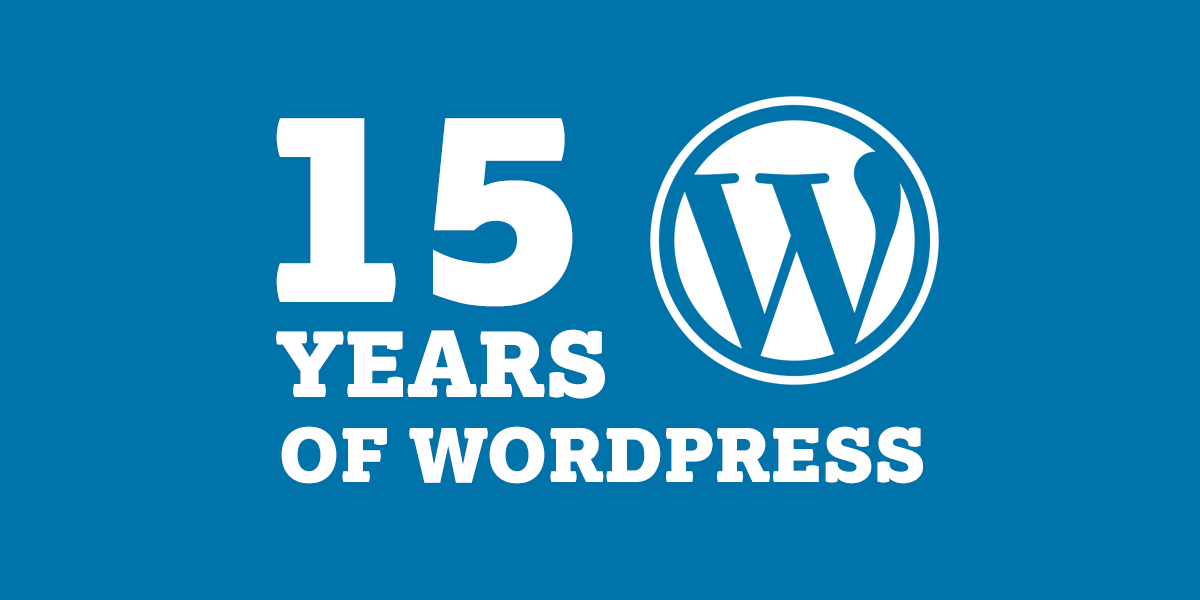Ronnie Burt, writing on the Gravatar blog:
For two decades, Gravatar has been an unsung hero of the internet, quietly powering billions of avatars across websites like Slack, OpenAI, Atlassian, and more. Today, we are excited to introduce the latest addition to the Gravatar suite of tools: our new REST API. We redesigned the new API from the ground up to make it simpler and more efficient for developers to integrate Gravatar’s globally recognized avatars and profile data into their apps and websites.
and
We’re moving beyond the humble avatar and aiming to be the open platform of choice for publicly sharing all kinds of profile data — bios, interests, preferences, work history, social connections, and more.
Gravatar, owned by Automattic, has been delivering user avatars to websites and apps for a long time now. This new offering seems like a fantastic idea, and I wish more sites and apps start adopting their new API. At least IFTTT should, but may be also Mastodon?
Here’s my new Gravatar page: https://gravatar.com/preshit
